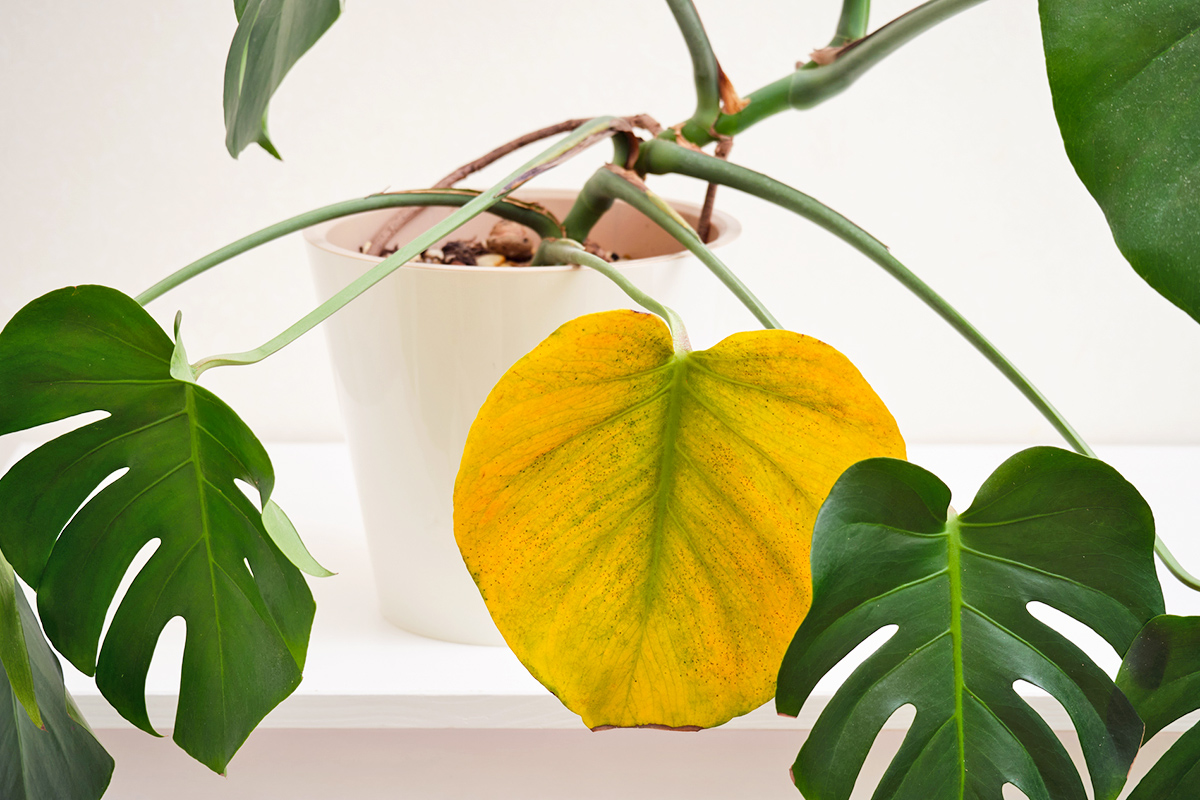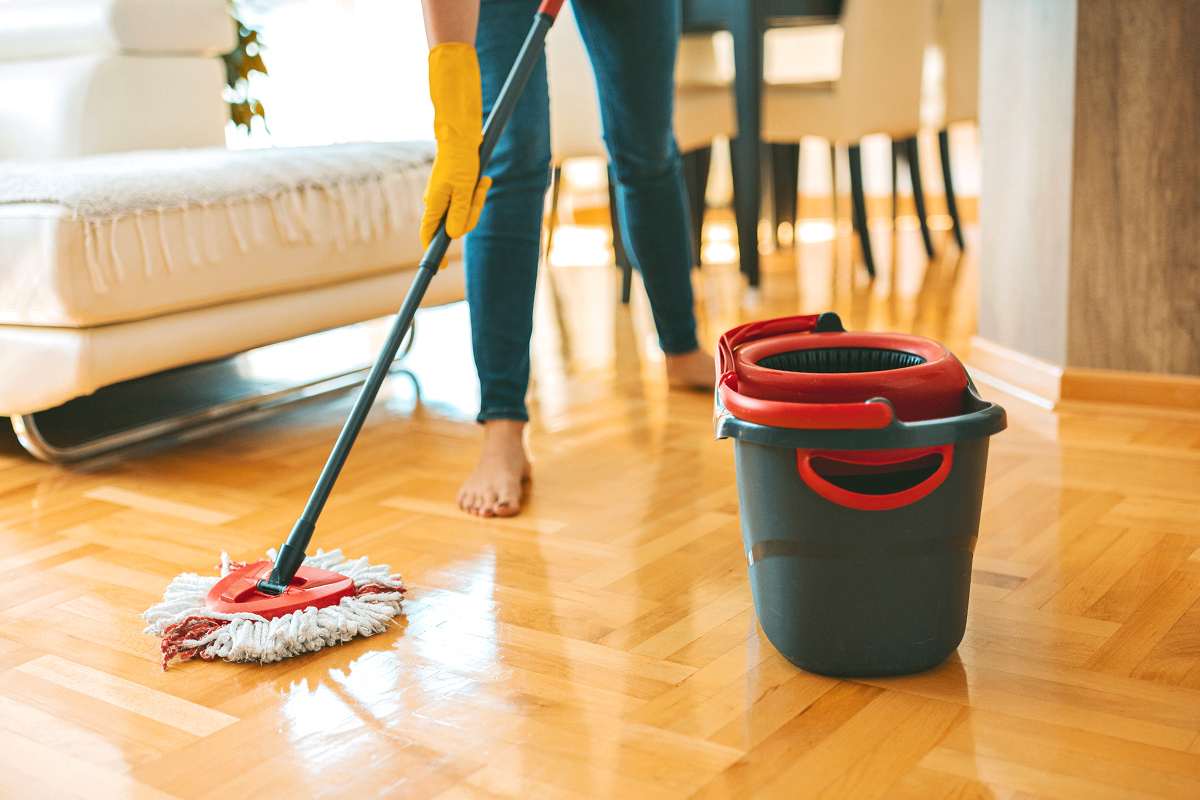Kitchen sponges get dirty, and there’s simply no avoiding it. When sponges start to show wear and develop funky odors, many people simply toss them out and replace them with a fresh one, producing unnecessary waste. But what if you could disinfect your sponge overnight and extend its lifespan using a common pantry staple? Here’s…
Add Salt to the “Wound”
In this case, adding salt to the proverbial wound is actually a good thing. Salt is naturally hygroscopic, meaning it absorbs moisture from the surrounding air — the very moisture that bacteria would otherwise thrive in. While this method won’t kill all bacteria, it does wonders for inhibiting certain strains, including some commonly associated with food contamination, such as salmonella and E. coli.
You can use any traditional salt for this hack, including table salt, sea salt, or kosher salt. Here’s how it works: Combine ¼ cup of your preferred salt with a quart of warm water, stirring vigorously until it fully dissolves. Then, fully submerge the sponge in the salt water and let it sit overnight. During this time, the salt will draw moisture out of the sponge, making it a less desirable environment for bacteria to thrive. The salt will also help draw oils out of the sponge, breaking down obvious stains and enhancing its performance.
When you wake up, remove the sponge from the salt water and rinse it under cold water to remove any salty remnants. With the salt having worked its magic, you’ll have a much cleaner sponge on your hands, meaning you can get a few more uses out of it.
More from our network
House Outlook is part of Inbox Studio, which publishes content that uplifts, informs, and inspires.
Word to the Wise
As we mentioned before, this hack only kills certain bacterial strains; others, such as staphylococcus, have a high tolerance to salt and may survive. This is why you should always clean your sponge using additional methods, or replace it every two to four weeks.
According to the USDA, one of the most effective methods for killing germs is zapping a sponge in a microwave on full power for one minute, which also draws out moisture. This actually proved more successful than other popular methods (e.g., submerging the sponge in bleach or running it through the dishwasher).




















